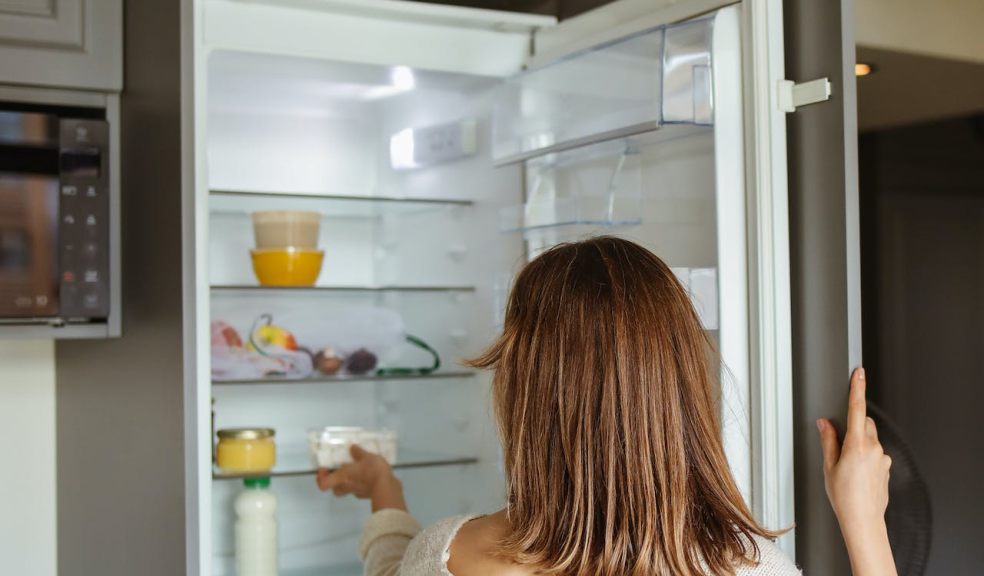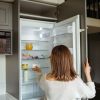
Bright Ideas for a Kitchen: Energy-saving Hacks
With daily cooking and big appliances like fridges and freezers, it may come as no surprise that the kitchen is a room in your home where a lot of energy is used.
But even though it’s likely the busiest room in your home, and some appliances need to be always on, there are still ways to cut down on the energy used there. And, of course, save money while you’re at it.
- Optimise your fridge-freezer
Appliances that work to cool or heat an environment usually use the most energy in a household. This includes your fridge-freezer (or fridge and freezer, if you have separate units).
To make sure your freezer is more energy-efficient, you need to fill it as fully as possible. The less space there is for warm air to settle whenever the freezer door is open, the less energy the unit will have to use to cool that warm air down. If you’ve emptied the fridge of food, inedible items like styrofoam and bubble wrap can also be packed into the freezer’s drawers to take up space.
Remember to dust the back of your fridge-freezer every so often – a build-up of dust can collect on the condenser coils, making them trap heat and have to work harder to cool the fridge.
Make sure you keep on top of ice build-up in the freezer, too, as this also causes the appliance to work harder and therefore use more energy to operate.
- Save energy while cooking
Boiling pasta or noodles? Heat the water in a kettle first before transferring it to the stove. Electric kettles are more energy-efficient than hobs – and while you unfortunately can’t cook pasta in a kettle, you can save time and energy by speeding up the initial water-boiling process in one.
If you’re using a pan to boil water, cover it with a lid – it’ll heat up faster and use less energy to do so.
Whether you’re boiling water for tea or pasta, only fill the kettle with as much water as you need. The more water there is in the kettle, the more time and energy it’ll take to reach boiling point – so there’s no point in spending extra pennies on boiling water for three cuppas when you’re just making one.
When cooking on an electric hob, turn the heat off a minute or two before your food is fully cooked. Because it takes a while to cool down, your food will continue cooking as long as you keep it on the hot hob. And when using an oven, try not to open the door more times than you have to to check on the food to avoid losing heat and the oven having to use more energy to heat up again.
- Don’t leave appliances on standby
Fridges and freezers are big energy users in the home because they’re always running. Unfortunately, they can’t be turned off without you losing all of the food you’ve stored inside of them – but there are other electrical kitchen appliances that you can switch off by the mains to save energy.
While fridges, fridge-freezers, upright and chest freezers are traditionally the largest single consumers of electricity in the home because they’re always on – you can save energy by turning off other electronic appliances.
Although you might not be using your microwave, washing machine, tumble dryer, dishwasher or electric oven right now, they’ll be using small amounts of energy if they’re still switched on at the mains. Make sure you switch them all off – it might be a small amount of energy lost in a day, but it all adds up over the year.
- Invest in smart kitchen appliances
Up until very recently, the thought of having a voice-activated fridge or mobile phone-activated oven might have seemed like a joke. But now, more and more households – and kitchens – are going smart. And, in the process, becoming more energy-efficient, thanks to scheduling and automation.
While buying energy-saving appliances and LEDs for your kitchen, you can also save money with cashback, for example with the UW Cashback Card.
Utility Warehouse, also known as UW, also provides an opportunity to bundle two or more utility services to unlock savings, including on energy.
- Get a smart meter
Smart meters not only save you time by sending automatic, regular meter readings for you, but they also make it simpler for you to take steps to save more energy.
Because they show your energy use in pounds and pence, and in near-real-time too, you’ll be able to see your energy consumption habits more clearly.
Utility Warehouse also offer their customers a free smart meter upgrade. Why not sign up today and start saving time, energy and money?
The Government plans to complete the smart meter rollout by 2028. Not only will smart meters help individuals save more energy, but they’ll help innovate the UK’s energy systems too.
Implementing all five of these energy-saving hacks will put you in a great position to save both energy and pounds off your energy bill. And even the simplest of hacks, such as switching everything off by the mains when not in use, can result in significant savings stacking up over time.













